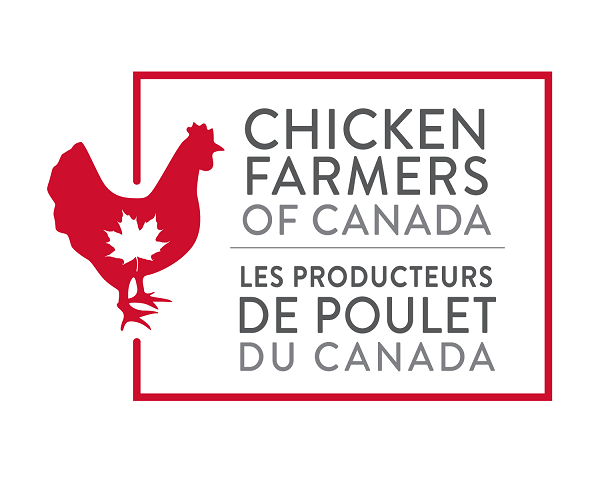
In November, CFC formally endorsed the IPC’s antimicrobial use stewardship principles, which align with CFC’s Responsible AMU Strategy. This commitment has also been made by 18 other companies and associations from around the world, which collectively represent over 30% of global poultry meat production, spanning all sectors from fully integrated systems to small farms.
By adopting or endorsing the principles, organizations commit to encouraging or taking action that centers around four key points. First, organizations agree to take a risk-based approach around each instance of antimicrobial use and consider why, when, which and how much to administer. Second, organizations agree to adopt farm management practices that improve animal health and would reduce the need for antimicrobial use. Third, organizations commit to using antimicrobials only in compliance with national authorizations and, fourth, that antimicrobials critically important for human medicine should only be used under a supervising veterinarian’s diagnosis and oversight.
All these elements are covered in CFC’s Responsible AMU Strategy, which was developed in 2011 and has led the way in understanding antimicrobial use patterns, promoting good production practices, guiding research, and reducing antimicrobial use.
Canada has been a member of the International Poultry Council (IPC) since its inception and Chicken Farmers of Canada (CFC), as an associate member, is engaged in their work and advocacy on behalf of the global poultry meat industries.
CFC looks forward to continuing its partnership with the IPC and addressing our sector’s issues and concerns from a global perspective.
The International Poultry Council is the unified voice of the global poultry sector. The IPCs vision is for a fair food system based on strong and productive relationships among stakeholders for global food security. Representing the whole value chain, IPC has working groups to address:
- Animal health and welfare
- Food safety and processing
- Environment and sustainability
- Trade
- Communications







